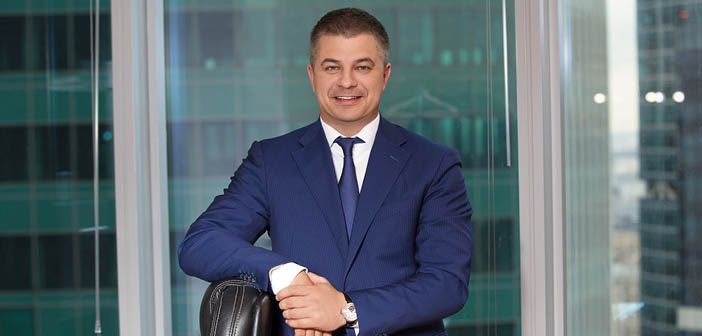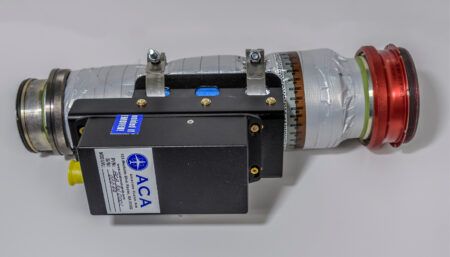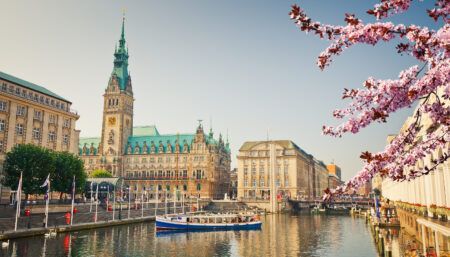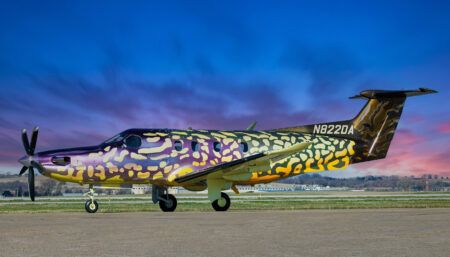Gediminas Ziemelis of Avia Solutions Group draws attention to what studies reveal about aircraft cabin air, as well as the industry’s efforts in cleaning and screening
According to EASA studies, aircraft cabin air is changed every 2-3 minutes and the filters it goes through are able to eliminate even coronavirus.
The main question nowadays, at the time of the global coronavirus outbreak, is whether it is safe to fly or if there is a big possibility of getting infected on board. With the connections between China and the rest of the world, many turned their attention to the aircraft cabin, in particular to the air that passengers breathe, sometimes even for as long as 17-18 hours on intercontinental flights.
It is only reasonable that there are doubts about the aircraft: they are enclosed spaces, where one is in close contact with other travellers, almost all of whom are strangers and whose past, contacts and trips are obviously unknown. Therefore, even the tiniest sneeze or cough worries everyone around.
Studies
IATA, the international association that brings together 300 airlines around the globe, confirms that in reality, the air on board is very clean and really safe. There are two studies by EASA, the independent European agency for aviation safety, that confirm this, dating back to 2017. Those documents claim that the air quality in the cabin is similar or even better than that normally recorded in indoor environments such as offices, schools and homes. The reason for this is that the aircraft system is designed to circulate air, 50% of which is taken from outside, and 50% is internal, filtered air. In some cases, like with Delta Air Lines’ Boeing 717s, the air is taken entirely from the outside and adapted to be suitable to breathe inside.
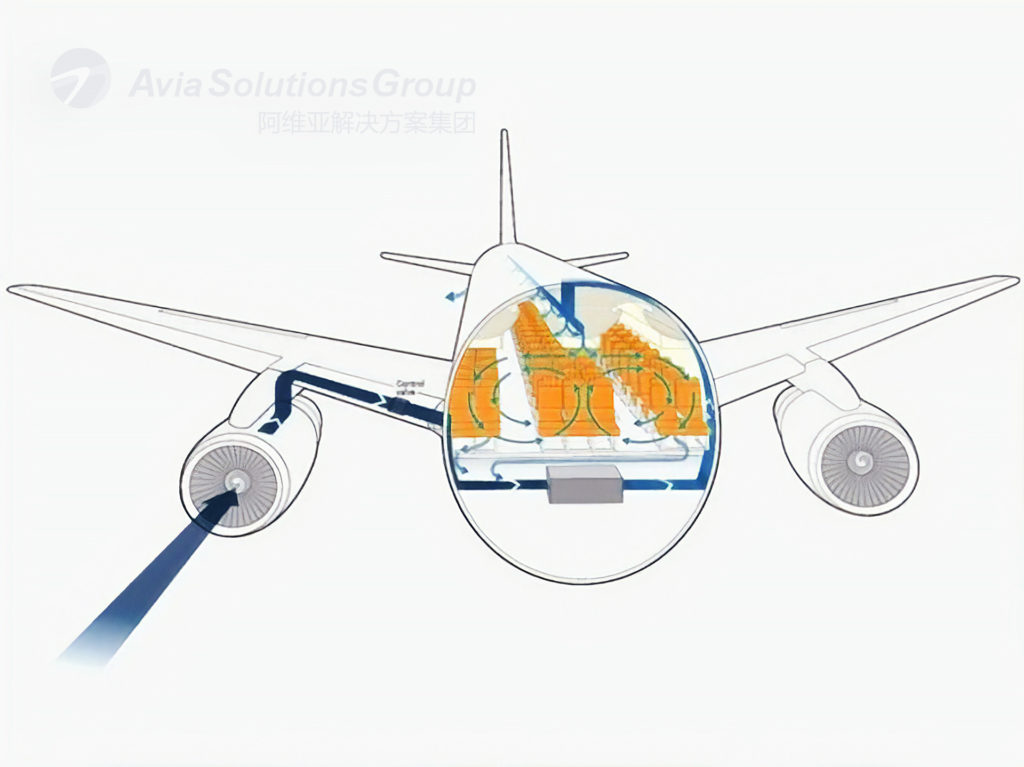
Sophisticated filters
The air on aircraft is highly sterile. Aircraft, especially the latest-generation ones, have efficient and modern high-efficiency particulate air (HEPA) filters, which are identical to those in hospitals and therefore manage to capture and block up to 99.97% of the microbes present (numbers estimated by IATA). Some companies confirm this percentage rises to 99.999% on their aircraft, thus stopping small viruses of even 0.01 micrometers in diameter. Coronavirus ranges from 0.08-0.16 micrometers in size. It is important to understand that air filters on aircraft are capable of dealing with far smaller particles than coronavirus, thus it is wrong to assume that airliners are a place for viruses to spread freely and unhindered.
Fresh air every 2-3 minutes
Nevertheless, aircraft cabin air is renewed frequently so that it is fresh and healthy to breathe; a process that is not usually performed in classrooms, cinemas or offices. Airbus states that on its A350s, all the cabin air is changed every 2-3 minutes; similar times are also recorded in the rival Boeing 787. Aircraft interiors are also disinfected regularly. “The risk of contracting the virus from an infected person at high altitude is in all probability lower than that of enclosed spaces, such as offices”, continues an IATA representative.
All member airlines are required to regularly update themselves by consulting a special database within the international association, so you can be sure that the information you receive is the latest and always reliable.
Controlling the spread of diseases
With modern aircraft being able to filter out nearly all microbes and viruses, we should see aircraft as a way to control the spread of disease, rather than a mode of transportation that encourages its spread. To control the ongoing pandemic, it is important to track down all contacts during travel. Flyers go through multiple screenings at the departure and destination airports, where health checks can be conducted. Air travel makes it easier to track down people with whom an infected person had contact.
Additionally, it should be noted, that most airports are disinfected a couple of times per day, while some hospitals don’t even have capabilities to carry out this level of disinfection. Airlines also carry out disinfection of their aircraft before and after every flight.
With the cautious measures the aviation sector is taking to prevent the spread of COVID-19, countries should overthink banning air travel as other means of transportation cannot guarantee effective examination and control of people travelling.
This opinion piece was written by Gediminas Ziemelis, a founder and chairman of Avia Solutions Group, one of the largest aerospace servicing companies, with a presence in more than 67 countries.


